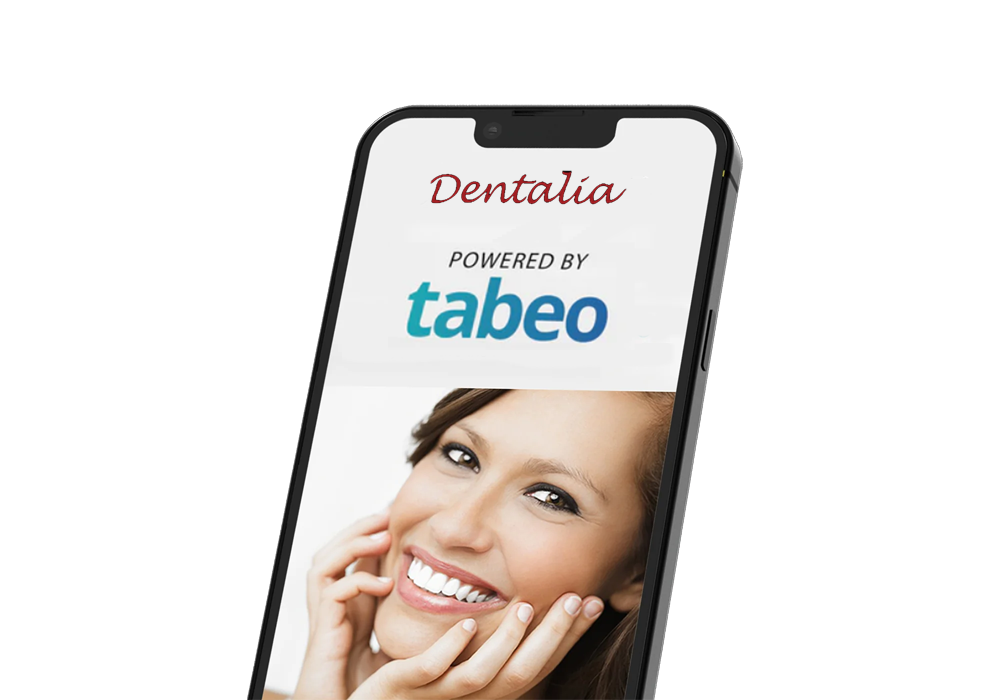Missing teeth need no longer be a source of embarrassment or force you to hide your smile. Thanks to ever advancing technology, there are now many ways to restore and replace missing teeth and we can help you find the right solution for your smile. From dental implants that provide a stable and permanent replacement for a lost tooth, to dentures that have been computer designed to perfectly fit your smile, we’ll find the best treatment to restore your confidence.
Dentures
Dentures are removable dental appliances designed to replace missing teeth and the surrounding tissues, providing support for the cheeks and lips while restoring the ability to eat and speak comfortably.
The process
Getting dentures fitted typically involves several steps, starting with a thorough assessment of the tooth's condition and root health. At your first appointment, any old filling material will be removed, and the tooth will be shaped to accommodate the crown. Moulds of the preparation are then taken and sent to our laboratory technicians for crown construction, with a temporary crown placed during this period. After approximately two weeks, you’ll have a second appointment where the temporary crown will be replaced with the final porcelain crown. Once this is complete, we may need to arrange a follow-up appointment to monitor progress and ensure you are happy and comfortable with your new dentures.
Advantages
- Easy to use: dentures don’t require surgery, making the process quick and simple. Plus, as they are removable, they are easy to keep clean.
- Affordable: compared to dental implants, dentures are relatively more affordable due to less material and time required for the procedure.
- Customisable and repairable: dentures are made from durable materials, easily modified to accommodate additional tooth loss, and can be repaired or replaced if damaged. Here at Dentalia we offer express repairs with same day appointments available.
- Improved appearance: dentures restore smiles, boost self-esteem, and provide a natural look that enhances your facial features. In this digital age, we are now able to offer computer designed dentures, created using digital scans of your mouth to offer more accurate and efficient dentures that are even more comfortable for you to wear.
Drawbacks
- Maintenance required: regular cleaning is essential to prevent bacterial growth between dentures and gums, requiring meticulous care and attention.
- Comfort issues: initially, dentures may cause discomfort, speech difficulties, and eating challenges until you adjust to them.
- Durability concerns: dentures may need frequent maintenance or replacement over time due to changes in gum structure, potentially leading to fit issues and discomfort.
Dental Implants
If you don’t like the idea of removable teeth, you can instead opt for dental implants or dentures mounted on implants, to offer more stability, give you the freedom to eat the foods you love and enable you to do away with denture adhesive!
The process
Dental implant process generally begins with an initial consultation where we will assess your suitability and take x-rays to determine your treatment plan. The next stage is the minor surgical procedure of implant placement under local anaesthesia, potentially accompanied by bone regeneration if needed. Over the next 6 weeks to 6 months the implant will need to fuse with your jawbone before the crowns, bridges or overdentures can be placed on top of the titanium screws. Follow up visits will generally be advised to ensure the health and integrity of your implants.
Advantages
- Durable: dental implants can last a lifetime with proper care, offering a long-term solution for missing teeth.
- Natural look and feel: implants closely resemble natural teeth in appearance and function, providing a seamless and comfortable experience.
- Preservation of jawbone: dental implants help prevent the bone loss that can occur after tooth loss, maintaining the structural integrity of your jaw and facial appearance.
- Stability for adjacent teeth: implants prevent neighbouring teeth from shifting into gaps, preserving the stability of the entire dental arch and bite alignment.
Drawbacks
- Cost: dental implants are generally more expensive than other treatment options, potentially making them less accessible for some patients.
- Surgical procedure: the implantation process involves dental surgery, which may not be suitable for individuals with certain health conditions or those who are averse to surgical procedures.
- Time-consuming process: getting dental implants can take multiple appointments over 6 to 12 months, including a healing period for the implant to fuse with the jawbone, requiring you to be patient.
- Risk of complications: like any surgical procedure, dental implants carry risks such as infection, nerve injuries, implant failure, and other potential complications that need to be considered before undergoing treatment.
If you’re still not sure whether dentures or implants are right for your smile, book in for a denture assessment at Dentalia and our Clinical Dental Technician can review your requirements, talk you through the options and answer your questions so you can come to an informed decision.
Get in touch to book your appointment today, you might be surprised at the options available to you.





